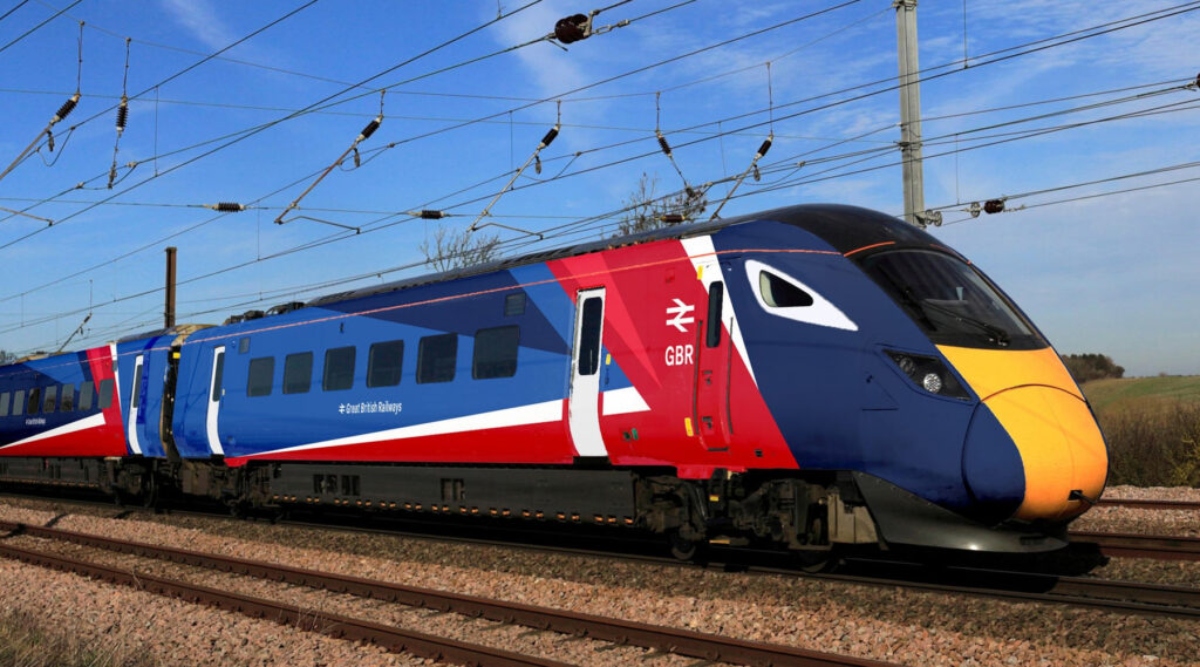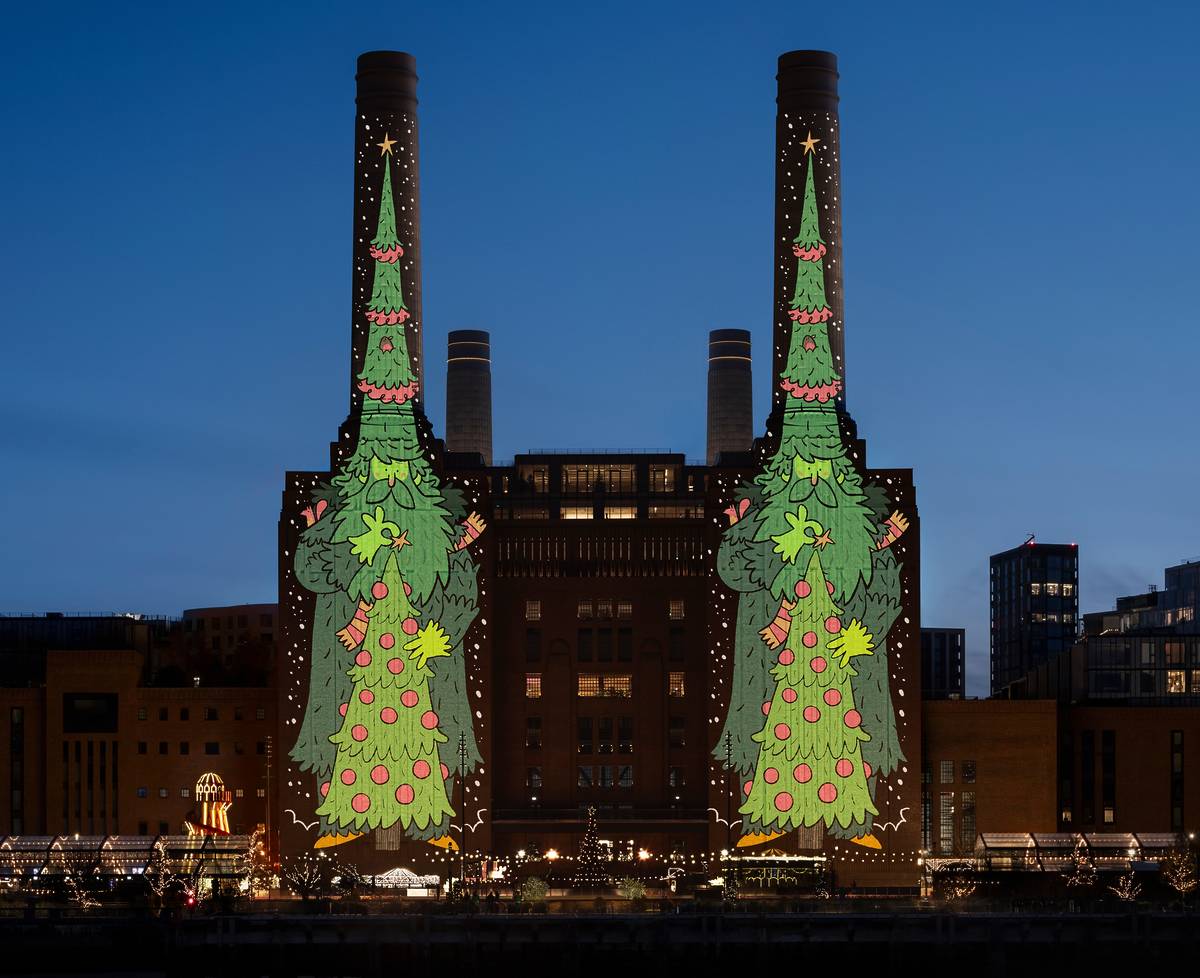
In a groundbreaking move, Westminster City Council has initiated a two-month trial of a new free public WiFi system across the borough. This initiative, backed by London Mayor Sir Sadiq Khanaims to simplify internet access for residents and visitors alike. I don’t know about you but with the state of phone signal in the city right now – I sure am stoked about the idea of having free WiFi when I’m trying to commute through London!
The new service, dubbed “Connected London WiFi,” introduces a super easy single sign-on system. This allows users to access various public WiFi networks throughout Westminster using just one login profile (praise the lord). The goal is to create a seamless roaming experience and combat digital inequality by providing easy, free internet connectivity.
How does the free WiFi system work?
QR codes have been strategically placed at participating locations. Users can scan these codes to log in with a single profile. Once logged in, devices automatically connect to any participating WiFi network in range.
What locations will the trial cover?
The trial encompasses 50 locations, including:
Public libraries
Street markets (e.g., Berwick Street Market)
Pedestrianised areas like Strand Aldwych
Recreational spaces such as Paddington Recreation Ground
Will London have free WiFi permanently in the future?
After the initial two-month trial, Westminster City Council plans to strategically expand the Connected London WiFi initiative. The council intends to explore broader network deployment across Londonpotentially collaborating with other boroughs and the Mayor’s office.
Additionally, they aim to develop an alternative authentication method that moves beyond the current QR code system, seeking a more streamlined and user-friendly approach to accessing the free public WiFi network.
This post-trial strategy reflects the council’s commitment to improving digital connectivity and reducing technological barriers for residents and visitors in central London.
Geoff BarracloughWestminster’s cabinet member for planning and economic development, highlighted the importance of this initiative, especially in high-traffic areas like Oxford Street and Covent Garden. The system promises to alleviate the struggle of accessing high-speed mobile connections in central London.
Howard DawberLondon’s deputy mayor for business and growth, emphasised that this project aligns with the city’s broader efforts to enhance digital access and connectivity across the capital.
As the first UK council to launch such a comprehensive WiFi network, Westminster is setting a new standard in public internet access, potentially paving the way for similar initiatives across London and beyond.












